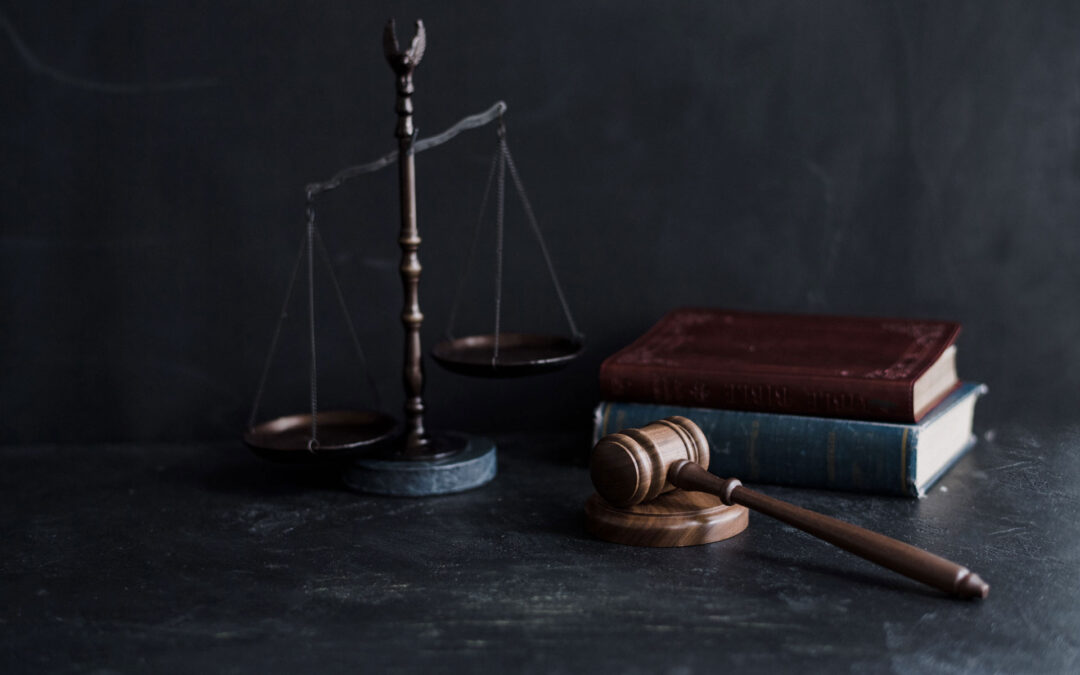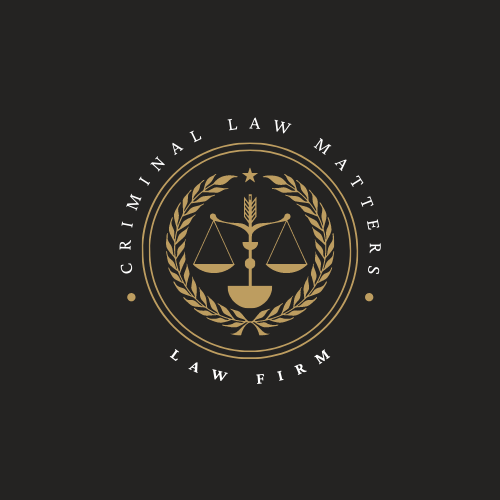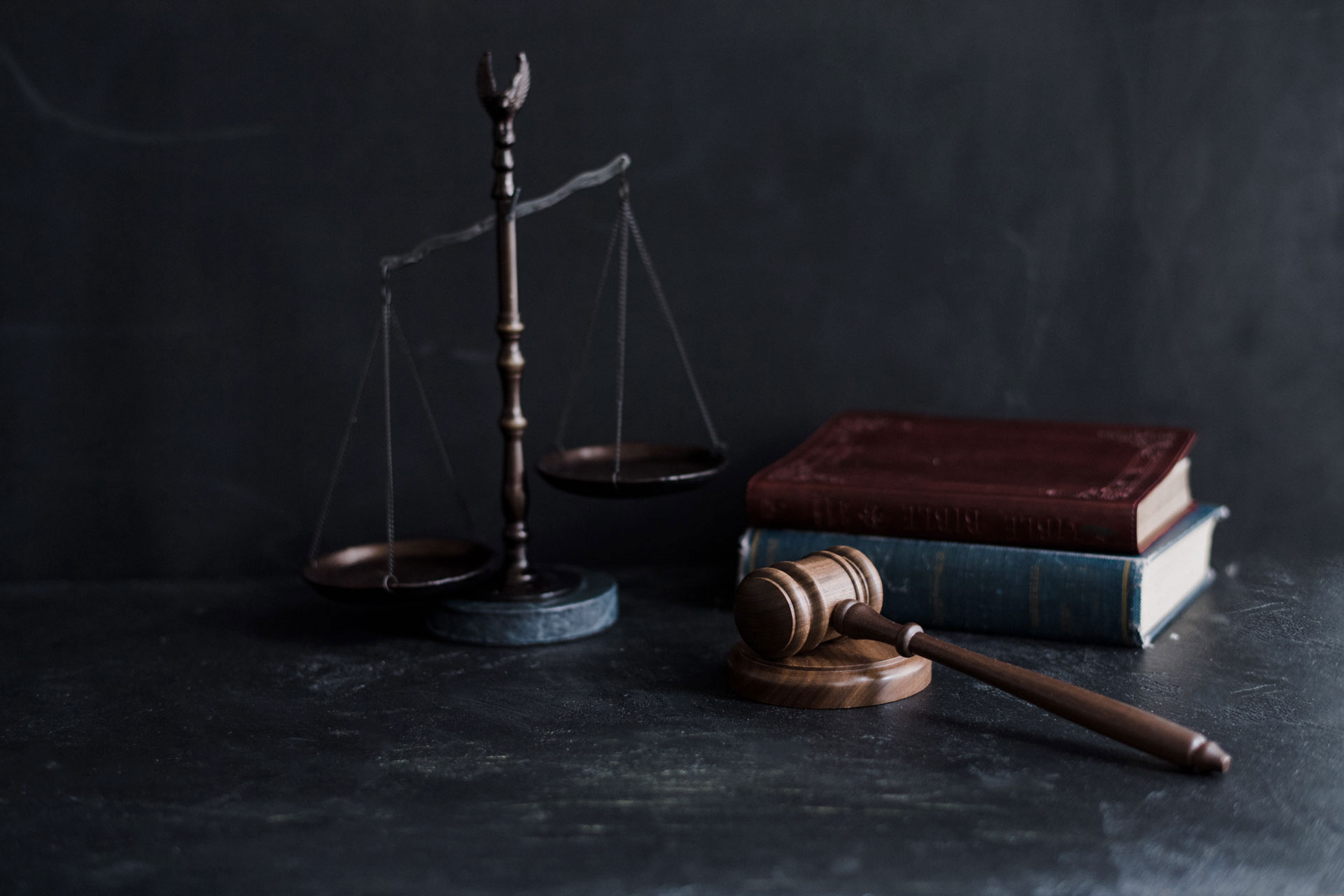
Colorado Criminal Justice Lawyer
A Civil Restraining Order: What Is It?
Potential crimes are avoided by using civil restraining orders. In a civil lawsuit, the petitioner is the party asking for the restraining order, while the respondent or defendant is the party being restrained. Colorado Criminal Justice Lawyer in your area.
In Colorado, it is not difficult to acquire restraining orders. Any victim of violence, including one who is fearful of personal injury, may seek a restraining order from a judge in civil court. This includes victims of domestic abuse. A restraining order can usually be obtained without the need to file criminal charges or notify the police.
What happens Next?
If a judge grants a petitioner a temporary restraining order, the order takes effect as soon as it is served on the defendant and lasts until the temporary restraining order’s court date.
In order to decide whether the temporary injunction should be made permanent, defendants are entitled to a hearing. This includes a minimum two-week hearing postponement for planning purposes. The restraining order is lifted if the defendant prevails at the hearing. The order becomes permanent if the defendant loses the hearing.
A permanent restraining order will always be visible on a background check.
A civil restraining order is primarily used for personal safety, much as criminal protection orders. This may entail removing the defendant from a family home and/or dividing custody of any minor children. A judge may also mandate that the defendant maintain a certain distance from the petitioner’s friends, family, or favorite public areas.
Importantly, a respondent is not imprisoned because of a restraining order. However, it is illegal to violate a restraining order in Colorado; it is a Class 2 misdemeanor and carries a maximum one-year prison sentence.
The defendant must be arrested and taken to jail if the police have reason to think that the defendant violated the restraining order.
Aggressive Representation: Reliable Information
Contact Criminal Law matters for any felony or criminal case.
Protection order violations are serious because they can quickly result in a cascade of further fees, a financial burden, and life-altering repercussions.
It’s in your best interest to avoid a violation if you’ve been charged with a felony that calls for a mandatory protection order or if you’ve received a civil restraining order, even if it prevents you from seeing the people you care about. Colorado Criminal Justice Lawyer – For more information check out our YouTube!




